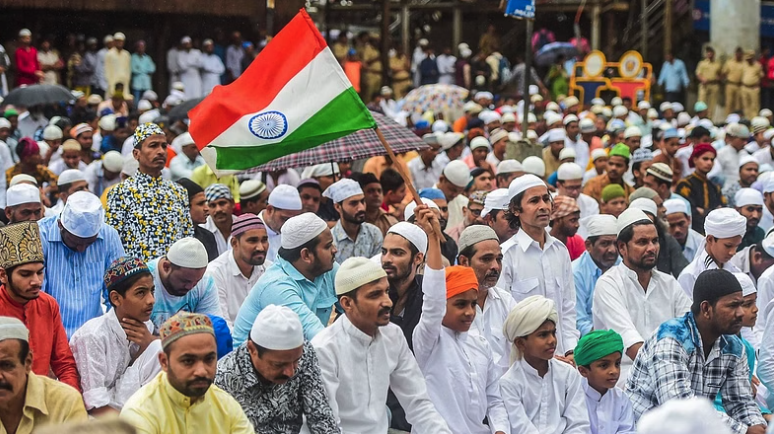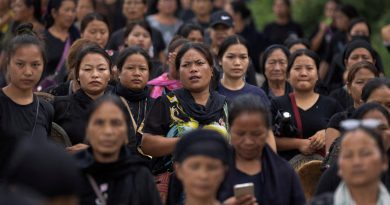India bags 1st position as the most inclusive nation for Minorities: Australia Today
Sydney — India bagged the first position among different countries as the most inclusive nation for religious minorities, according to a report published by Australia Today on Monday.
India, followed by South Korea, Japan, Panama, and the US, has the highest level of acceptance of religious minorities, according to the Global Minority Report’s survey of 110 countries. The UK and the UAE are ranked 54th and 61st on the list, respectively, with the Maldives, Afghanistan, and Somalia at the bottom.
The report claims that India’s minority policy is built on a strategy that emphasizes fostering diversity.
Specific and exclusive provisions for the advancement of religious minorities in culture and education are found in the Indian Constitution. The report claims that no other Constitution has explicit provisions for the support of linguistic and religious minorities.
It demonstrates how India has no restrictions on any religious sects, in contrast to many other countries.
According to the report, the UN may use India’s minority policy as an example for other countries due to its inclusivity and absence of discrimination against numerous religions and their sects.
In light of this, the report explicitly emphasizes the need for periodic reviews and reexaminations of India’s minority policy. It goes on to say that India must rationalize its treatment of minorities if it wants to keep the nation free of strife.
The Global Minority Report’s purpose is to inform the international community on the prevalence of prejudice towards minorities who practice different religions in various countries.
This study also takes into account the global concerns that different religious sects and organizations address.
The importance of this study lies in the fact that it is the first international assessment to give countries a grade based on how they treat their individual religious minorities. Additionally, it is the first report by a collection of non-Western and Afro-Asian countries to rank various countries in accordance with specified criteria.
How it works
The Global Minority Report consists of three parts. The first looks at theoretical issues with respect to human rights, minority rights, the concept of religious freedom and its shortcomings, as well as how to balance them. It also discusses issues with culture, the plight of religious minorities, and the foundation of religious diversity. Any atheist or secular nation’s discriminatory practices against religious minorities are justified for a number of significant reasons. It also covers a wide range of subjects related to culture, religion, and conversion.
In the second section, policies toward minorities in various countries are discussed. Although there are case studies of many other countries, the minority model in India is discussed as a particular case study. The poll rates India as the most inclusive country out of 110 based on a set of criteria.
The State Religion Neutrality Index, the State Inclusive Index, the State Discrimination Index, and the Global Minority Index are only a few of the statistical data that can be found in the third component. All the indices are combined to form a set of indicators on the state of religious minorities in a country.
Loyalty of Minorities
The report explores the obligations of religious minorities to uphold the integrity and general welfare of the country in which they reside. The report contends that when a nation’s legitimacy is in doubt, the United Nations shouldn’t overlook minority’ loyalty to it.
The report claims that certain rights must be granted with the knowledge that they must meet particular basic standards. No country should be threatened because of minorities’ rights. This report firmly believes that some obligations must be decided for the beneficiary of the rights in order to make the relationship between the State and its minorities cordial and to eliminate the “trust deficit” between them, even though it supports all of the privileges suggested for minorities by the UN.
The report claims that when minority groups contest a country’s geographical integrity, protecting minority rights becomes difficult. Other countries are also dealing with same problem. There is a “trust gap” in the relationship between religious minority and the State when they contest a country’s sovereignty. The report claims that in these circumstances, the State punishes minorities, which results in their persecution. The report also mentions that the underrecognition of minorities is a serious issue.



